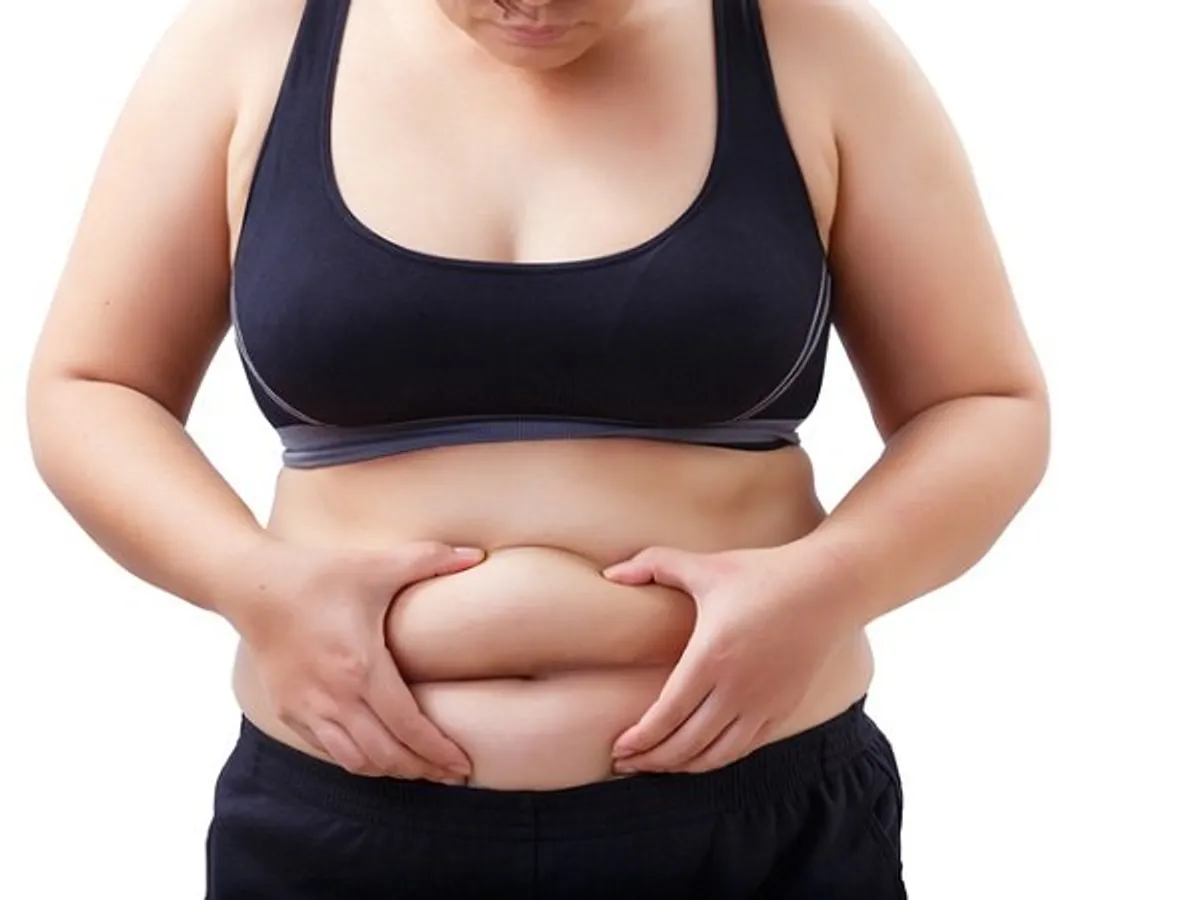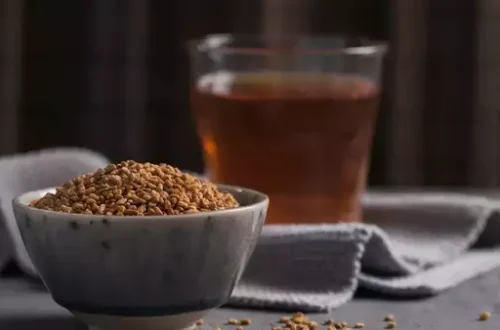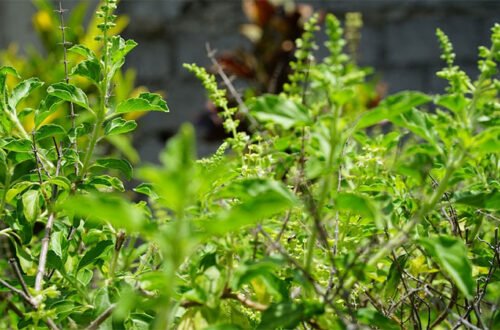Iron is an essential mineral that plays a vital role in oxygen transportation, energy production, and overall well-being. Iron deficiency, also known as anemia, is a common health concern that can lead to fatigue, weakness, dizziness, and decreased immunity. A well-balanced diet rich in iron is the best way to prevent and manage iron deficiency. In this blog, we explore the best diet plan to overcome iron deficiency, recommended by experts.
Why is Iron Important for the Body?
Iron helps in the production of hemoglobin, which is responsible for carrying oxygen in the blood. A deficiency in iron can lead to reduced oxygen supply to body tissues, causing tiredness and other health issues. Proper iron intake is necessary for:
1. Boosting energy levels
2. Improving brain function
3. Strengthening the immune system
4. Enhancing overall well-being
Symptoms of Iron Deficiency
Identifying iron deficiency at an early stage is crucial for effective management. Common symptoms include:
1.Fatigue and weakness
2. Pale skin
3. Shortness of breath
4. Frequent headaches and dizziness
5. Cold hands and feet
6. Brittle nails and hair loss
Best Diet Plan to Overcome Iron Deficiency
A diet rich in iron, along with nutrients that aid its absorption, is key to overcoming iron deficiency. Below are some iron-rich foods to include in your daily diet:
1.Leafy Green Vegetables
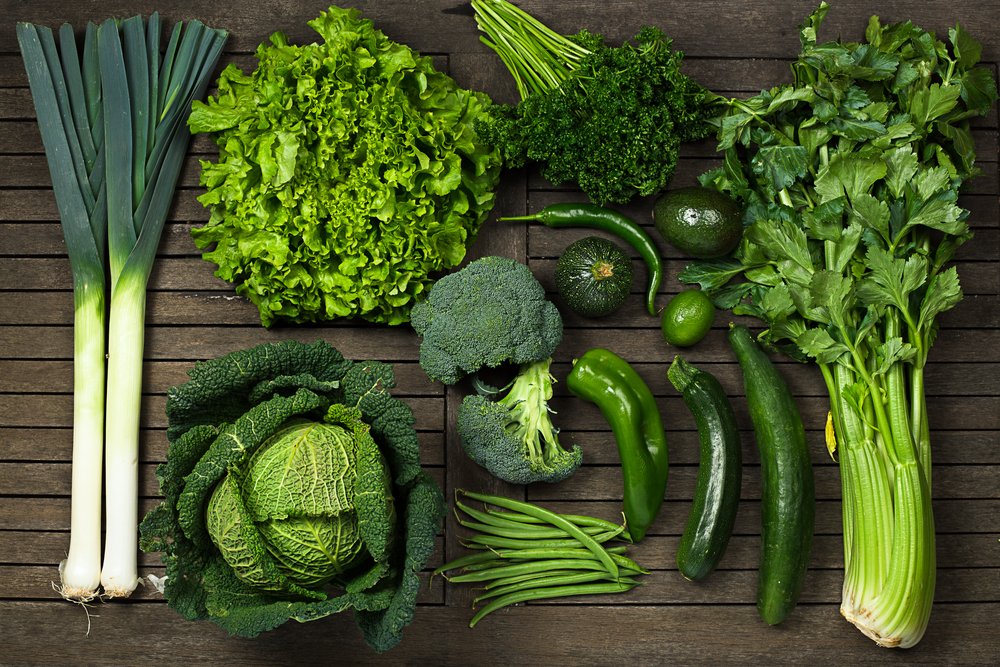
Leafy greens such as spinach, kale, fenugreek leaves, and mustard greens are rich in non-heme iron. To enhance iron absorption, pair them with vitamin C-rich foods like tomatoes or lemon juice.
2. Legumes and Lentils

Beans, chickpeas, lentils, and peas are excellent plant-based sources of iron. These foods are also rich in protein and fiber, making them a great choice for a balanced diet.
3. Nuts and Seeds
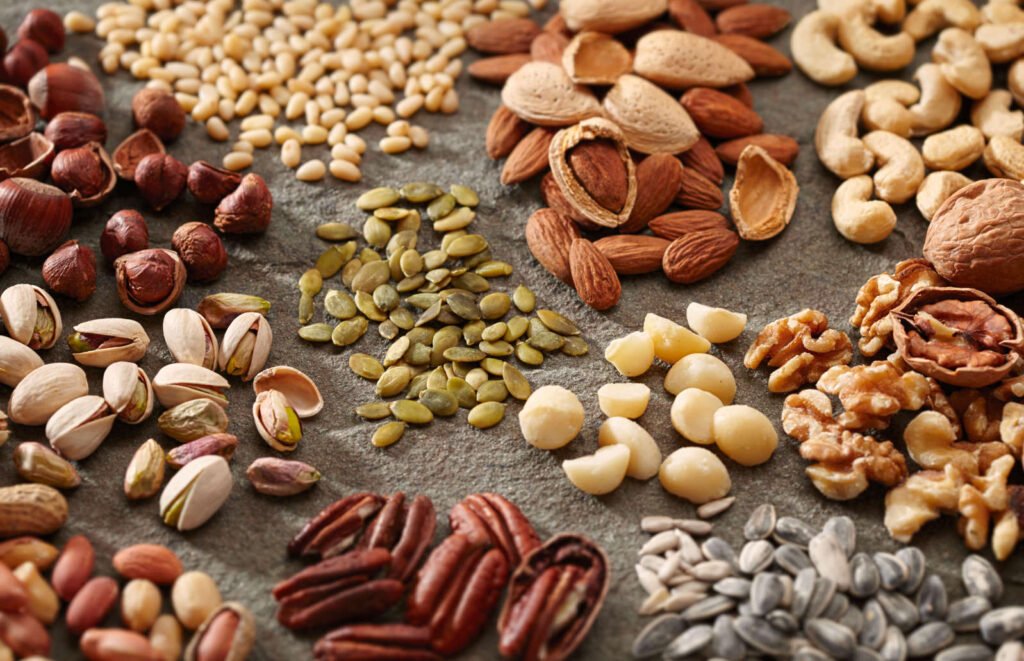
Almonds, cashews, pumpkin seeds, flaxseeds, and sesame seeds are packed with iron. Snacking on a handful of nuts and seeds daily can help improve iron levels.
4. Iron-Rich Fruits

Fruits such as pomegranates, apples, bananas, and watermelon provide essential iron and vitamins that aid in absorption. Consuming fresh fruit daily helps maintain healthy iron levels.
5. Whole Grains
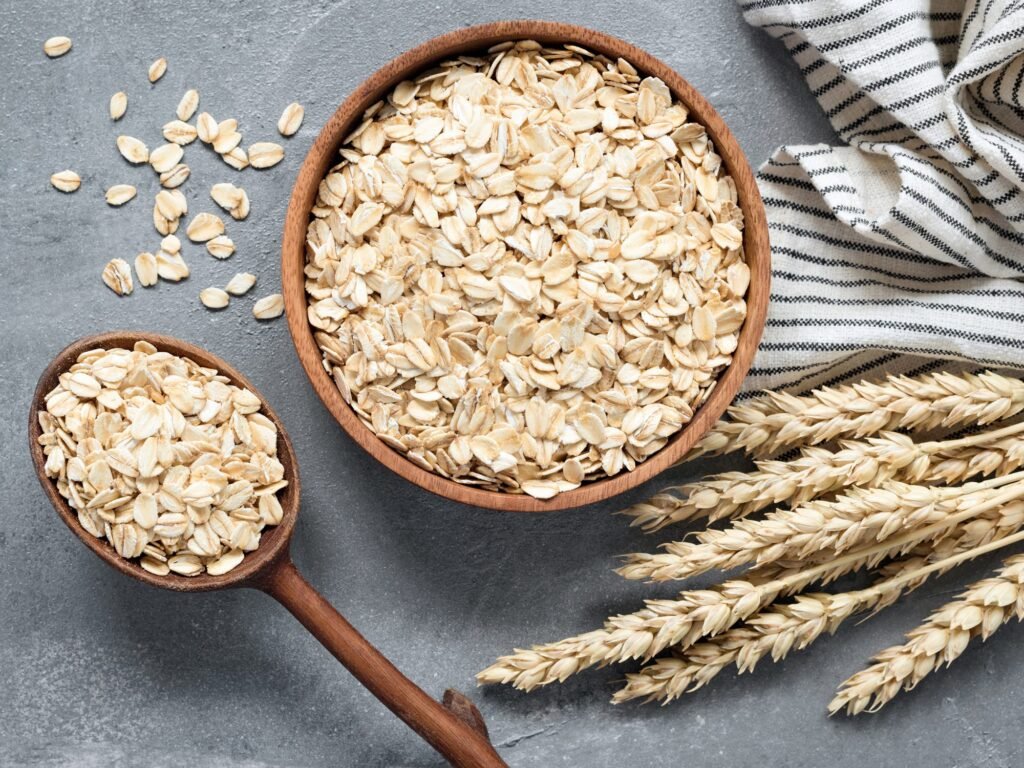
Brown rice, quinoa, oats, and whole wheat are excellent sources of iron. Replacing refined grains with whole grains in your diet can significantly improve your iron intake.
6. Red Meat and Poultry
Lean meats, chicken, and turkey contain heme iron, which is more easily absorbed by the body compared to plant-based sources. Including meat in your diet can help meet daily iron requirements effectively.
7. Seafood
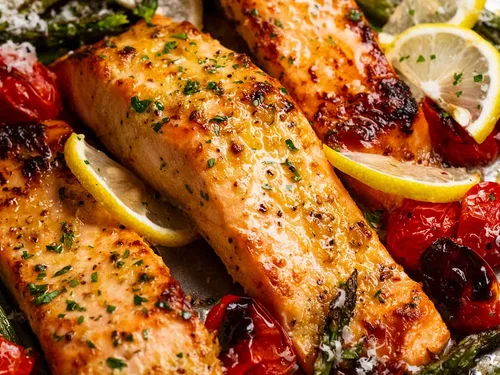
Fish such as salmon, tuna, and shellfish (like clams and shrimp) are rich in heme iron and provide other essential nutrients such as omega-3 fatty acids for overall health.
8. Eggs
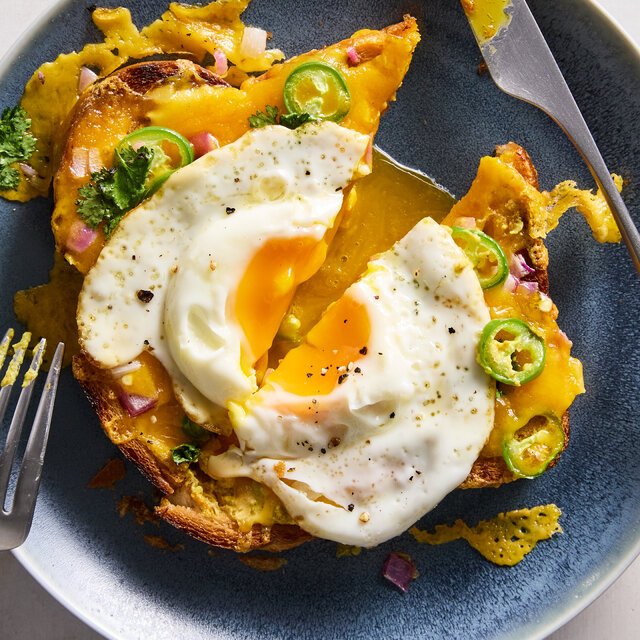
Eggs are a good source of iron, protein, and essential vitamins. Eating eggs for breakfast is an easy way to boost iron levels.
9. Dried Fruits
Raisins, dates, prunes, and apricots are loaded with iron and make for a great natural snack to help combat iron deficiency.
10. Iron-Fortified Foods
Many cereals, bread, and plant-based milk alternatives are fortified with iron. Choosing fortified foods can be beneficial, especially for vegetarians and vegans.
Tips to Enhance Iron Absorption
1. Consume Vitamin C-Rich Foods: Vitamin C enhances the absorption of non-heme iron. Include citrus fruits, bell peppers, and strawberries in your diet.
2. Avoid Excess Tea and Coffee: Caffeine inhibits iron absorption, so reduce tea and coffee consumption, especially around meal times.
3. Cook in Cast-Iron Cookware: Cooking in iron utensils can increase the iron content in food.
4. Pair Iron with Protein: Protein helps transport iron in the body, so include a good mix of plant and animal proteins.
Conclusion
Iron deficiency can be managed effectively with a well-planned diet rich in iron and supporting nutrients. Including iron-rich foods like leafy greens, legumes, nuts, and lean meats, along with vitamin C sources, can help improve iron absorption. If you experience severe iron deficiency symptoms, consult a healthcare professional for personalized guidance.
If you have any queries related to medical health, consult Subhash Goyal or his team members on this given no +91 99150 72372, +91 99150 99575, +918283060000

